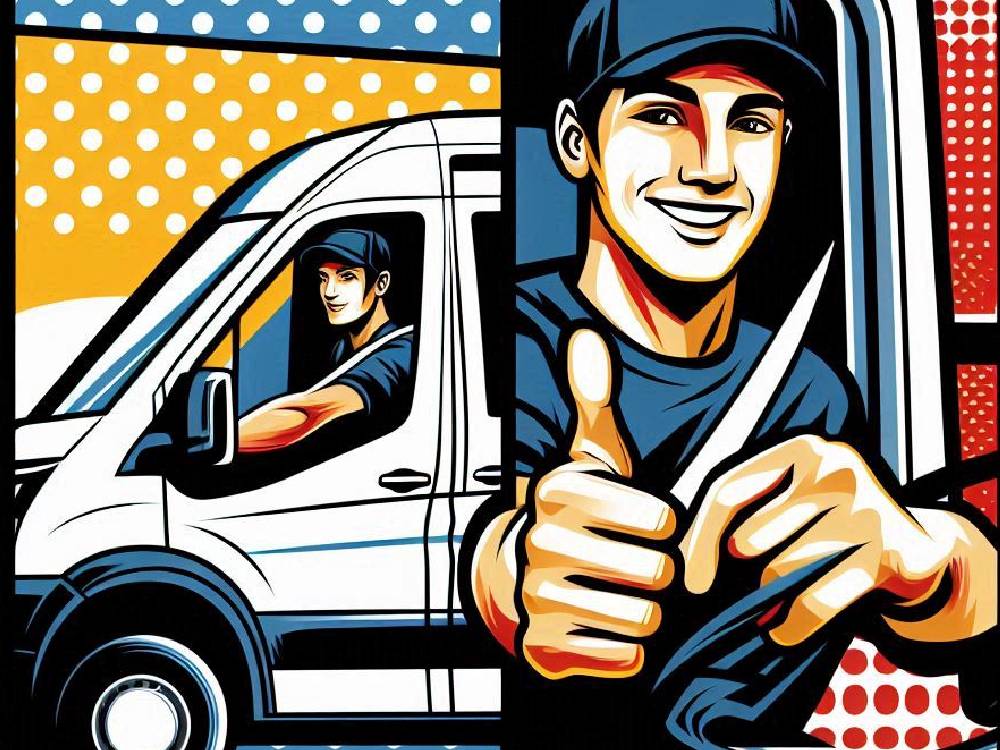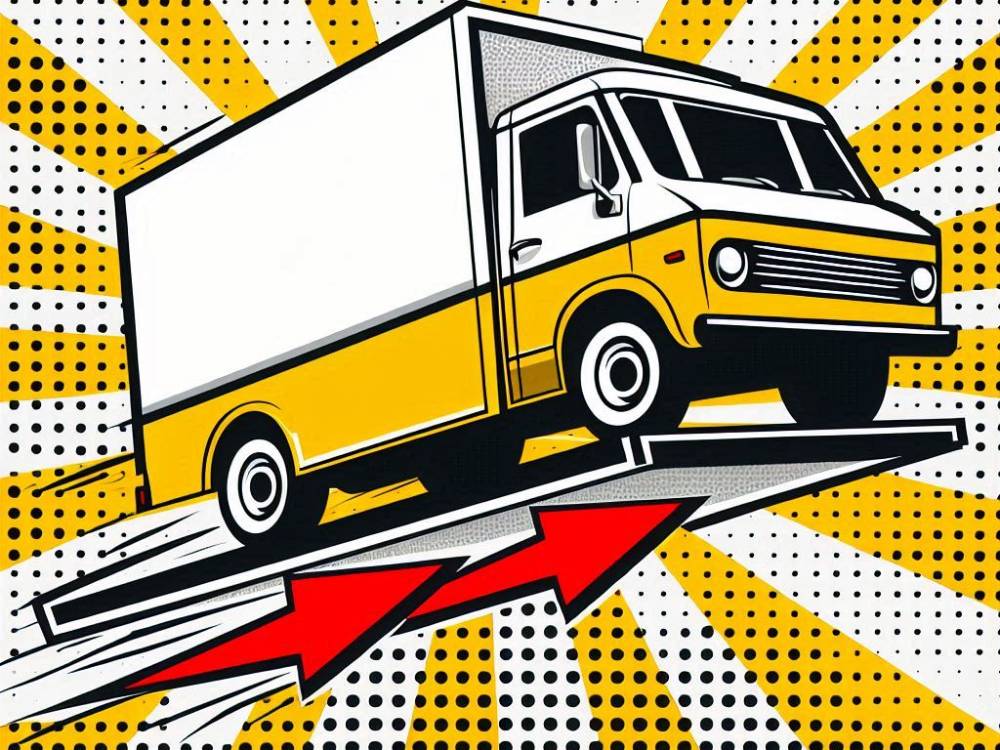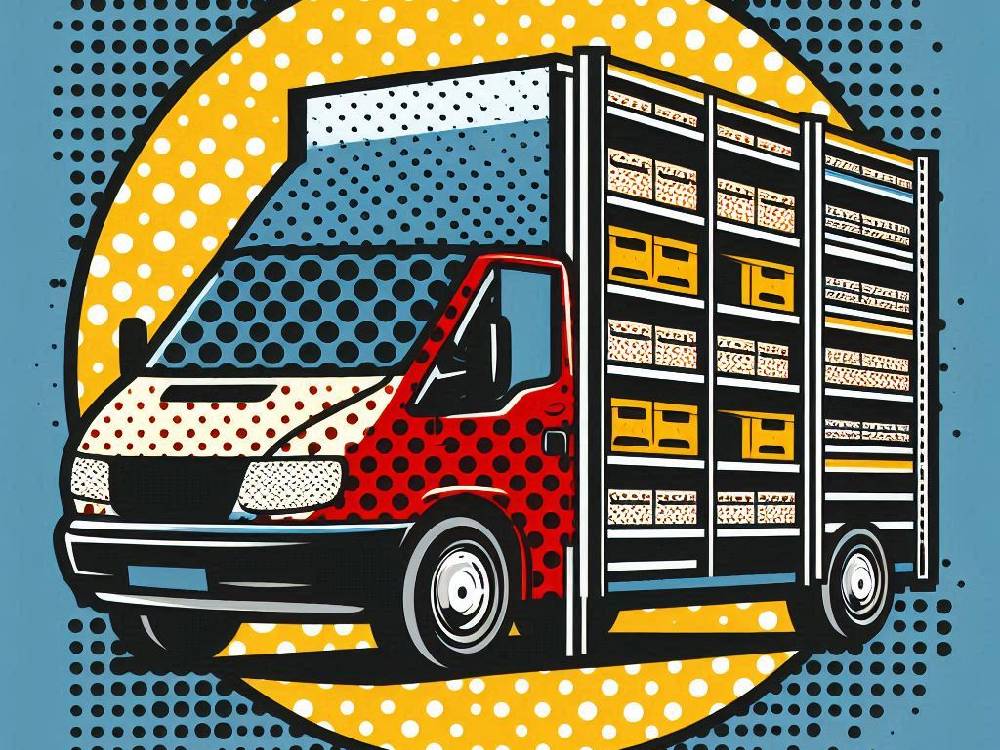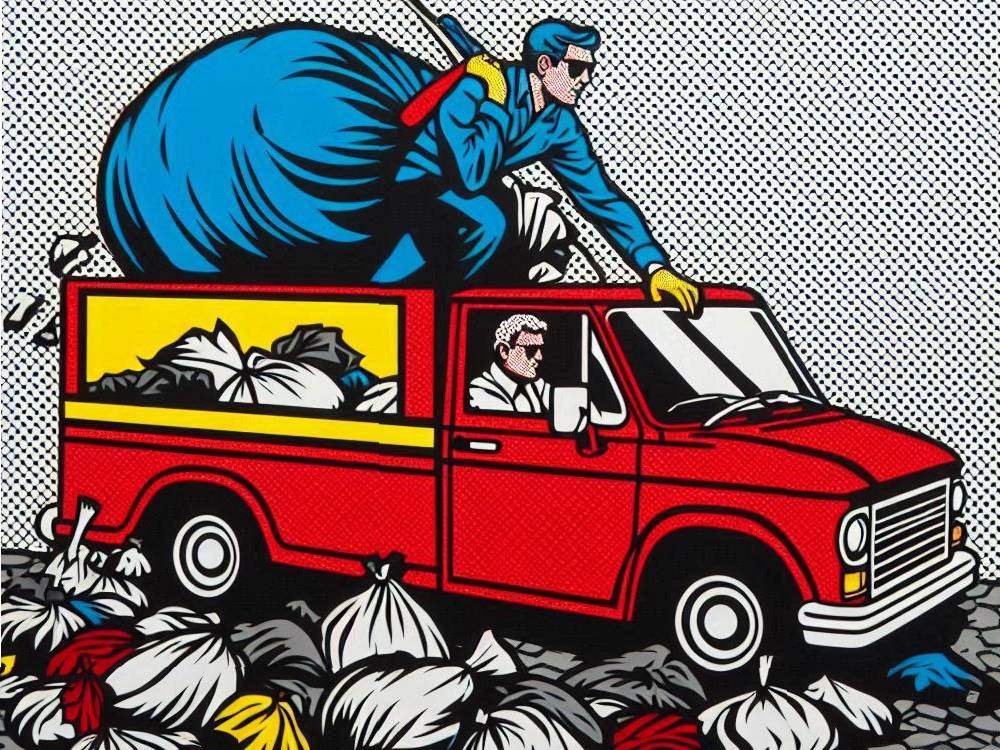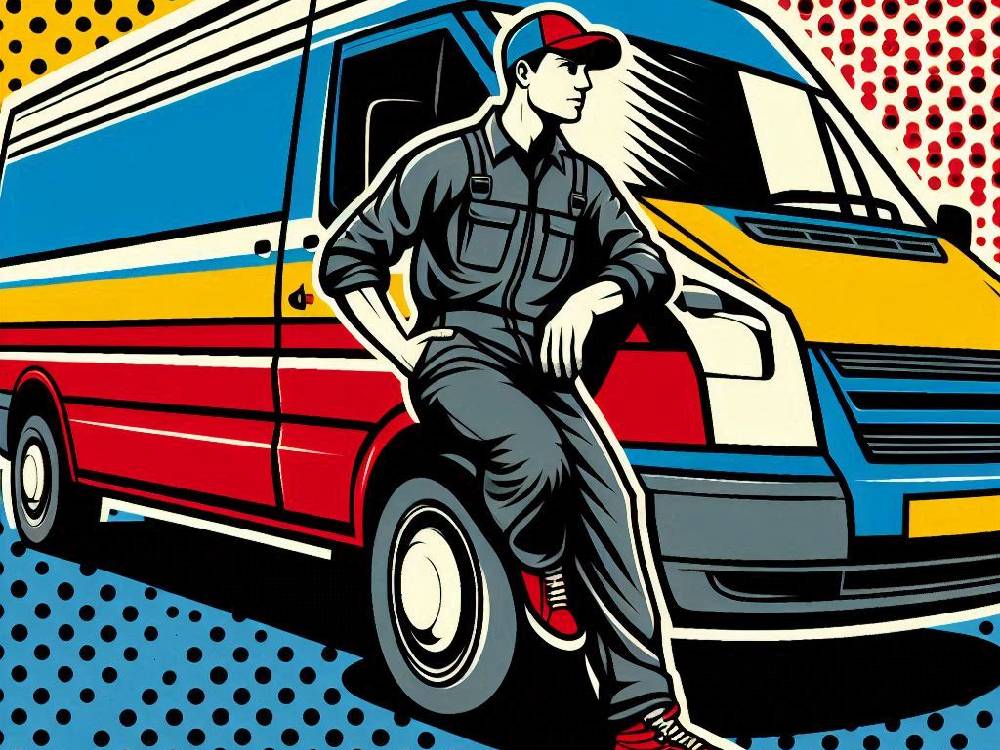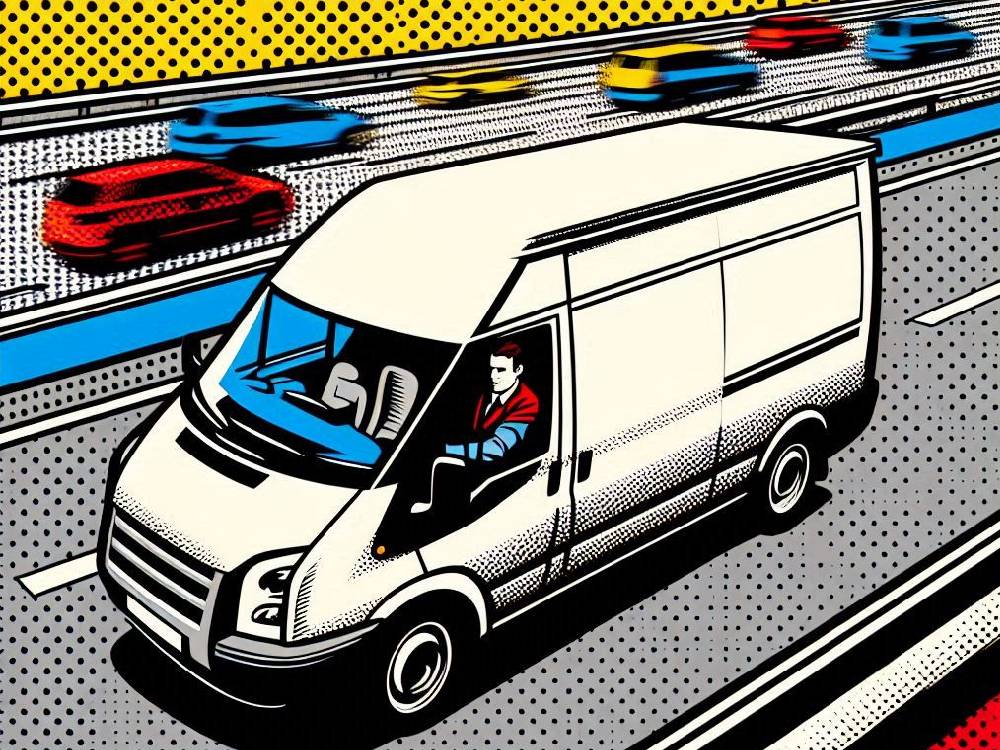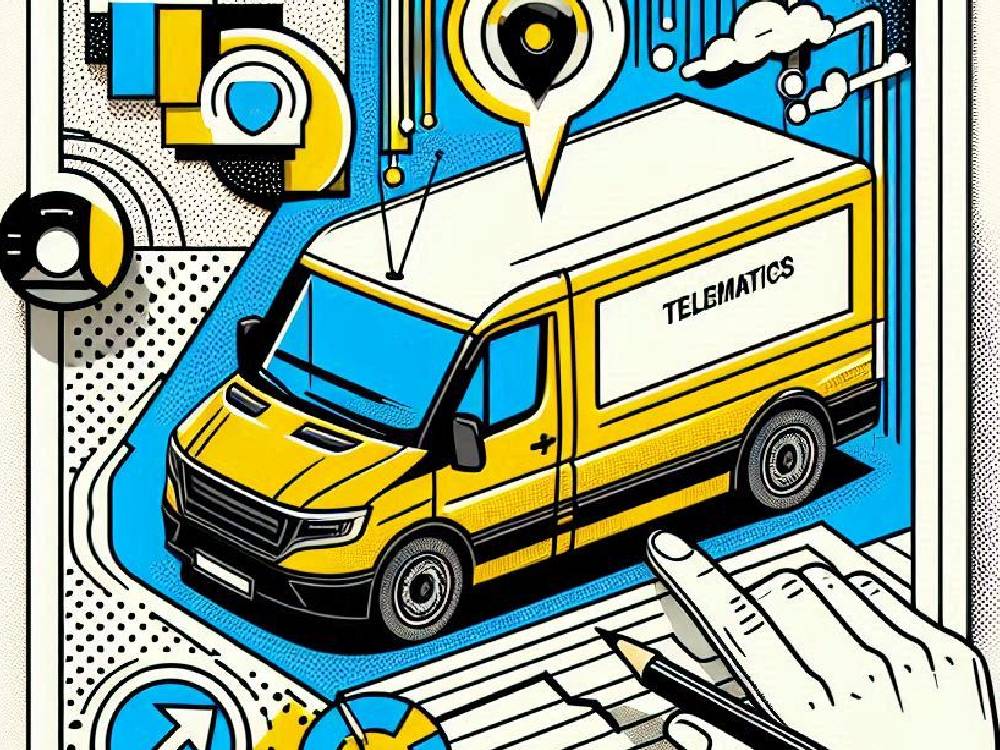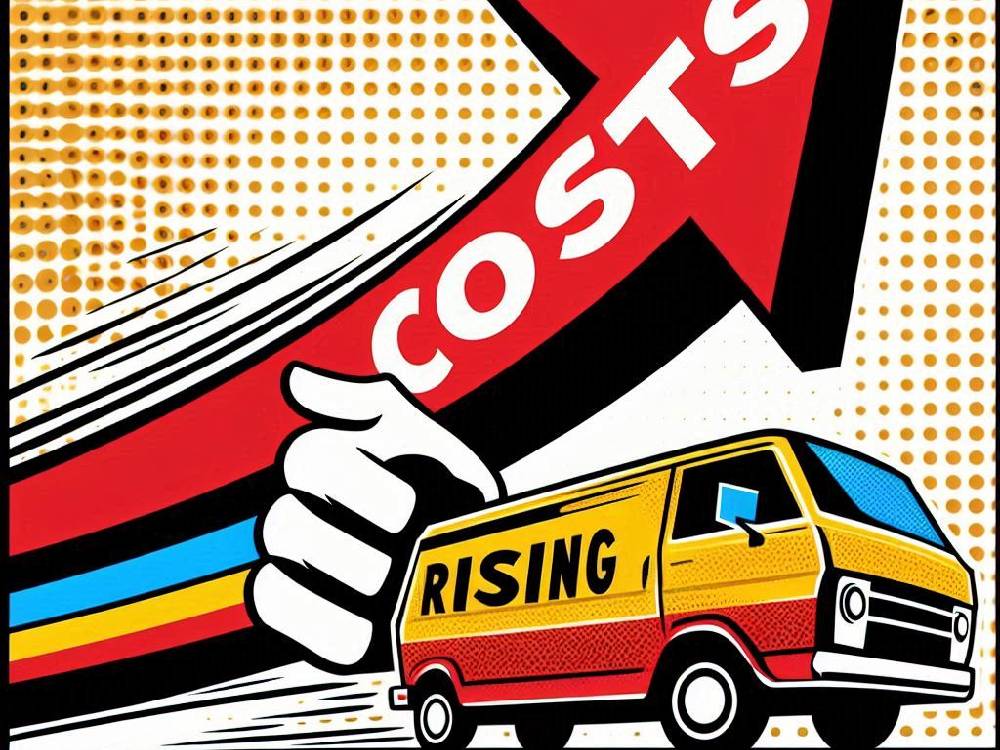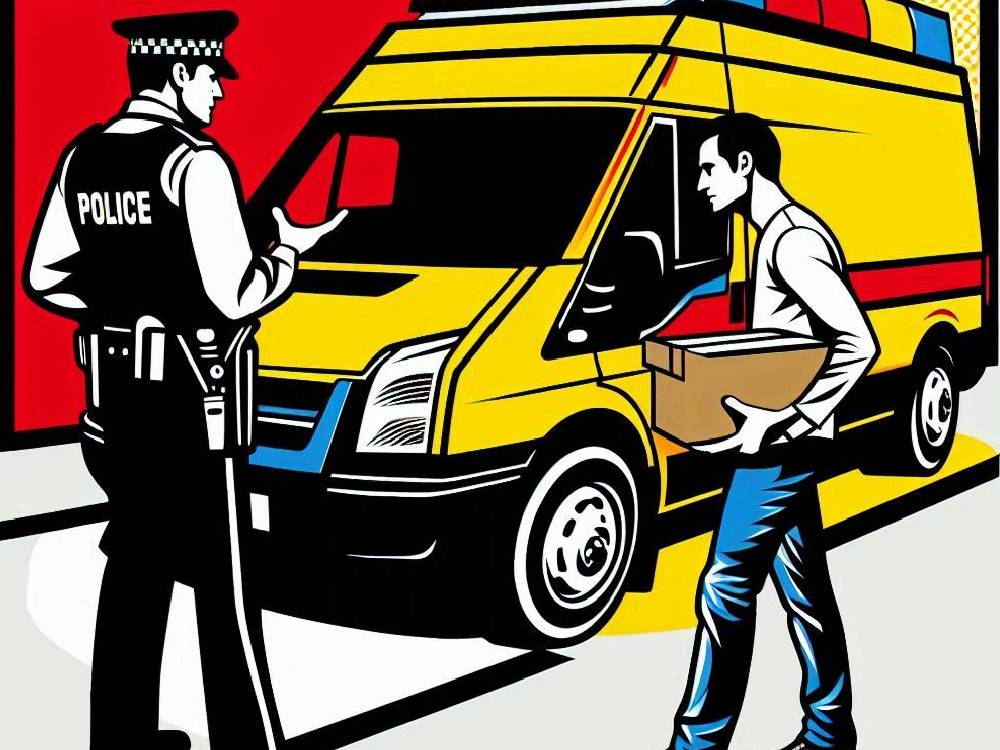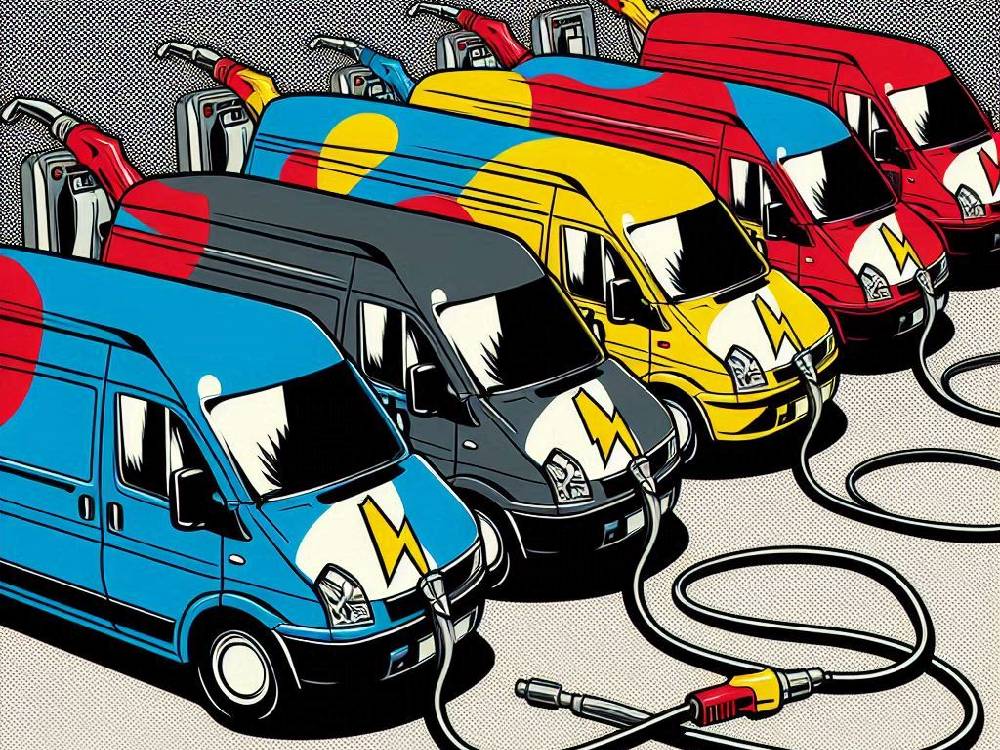Introduction
New driver van insurance.
Getting on the road with a van in the UK isn’t just about passing your driving test;
It’s also about securing the right insurance.
For new drivers, especially those under 25, this can seem like a daunting task with high costs and various policies to navigate.
So, what can you do?
Understanding Van Insurance For New Drivers
Why is Van Insurance Expensive for New Young Drivers?
Van insurance premiums are notoriously higher for young drivers due to their lack of driving experience and statistically higher risk of being involved in accidents.
Insurers assess risk based on a variety of factors including age, driving history, and even the type of vehicle being insured.
For young drivers, these factors often work against them, making it challenging to find cost-effective insurance.
Legal Requirements For Van Insurance
In the UK, it’s legally required to insure your van before you drive it on public roads.
This is not just a formality but a necessity to protect yourself and others in case of an accident.
Without proper insurance, you could face severe penalties including fines, disqualification from driving, and having your vehicle seized.
So, what do you need to know?
The Impact Of Age On Insurance Costs
Insurance companies often set higher premiums for younger drivers, typically those under 25.
This is because younger drivers are viewed as high-risk due to their inexperience.
Some insurers even set minimum age limits on their policies, which can limit options for younger van drivers.
What else should you consider?
Levels Of Van Insurance
Understanding the different levels of van insurance can help you choose the best option for your needs.
The three main levels of coverage include:
Third-Party Only (TPO): This is the minimum level required by law. It covers damages or injuries to third parties but not your own vehicle in the case of an accident.
Despite being the least comprehensive, TPO can sometimes be more expensive for young drivers because insurers perceive a higher risk with this group.
Third-Party, Fire, and Theft (TPFT): This level provides the same coverage as TPO but also covers your vehicle in case of fire damage or theft.
It’s a middle-ground option that offers some protection for your own vehicle while keeping costs relatively manageable.
Comprehensive: Often surprisingly, this can be the cheapest option for young drivers. It covers damages to both third parties and your own vehicle, regardless of who is at fault in an accident.
It provides the most extensive coverage and can sometimes come at a lower premium than less comprehensive policies due to the lower risk perceived by insurers when drivers opt for more protection.
Curious to learn more?
Learn more about van insurance options
Goods In Transit And Other Special Policies
If you’re transporting goods, whether as a courier or for specific business deliveries, ‘Goods in Transit’ insurance is essential. It protects against loss or damage while moving goods from one place to another.
For drivers using their vans for frequent, specific delivery routes (haulage), specialised haulage insurance provides tailored coverage that fits the repetitive nature of this work.
Looking for specific advice?
Discover more about business van insurance
Factors Influencing Costs
Various factors influence the cost of van insurance:
Age and Experience: Younger, less experienced drivers usually face higher premiums.
Driving History: Points on your license or past offenses can increase costs.
Location: High-risk areas with higher rates of vehicle theft or accidents may see elevated premiums.
Vehicle Type: Larger engines or high-performance models often lead to higher insurance costs.
Can you manage these costs?
Yes, and the next section will explain how.
Learn how to manage insurance costs
Effective Strategies To Lower Van Insurance Costs
Ready to cut costs? Here’s how:
Choose the Right Van
Selecting a van in a low insurance group is a smart move. These vehicles are usually cheaper to insure because they pose less risk to insurers.
Why does this matter?
A smaller engine size generally leads to lower premiums. Before purchasing your van, check which insurance group it falls into to estimate future insurance costs.
Enhance Security
Adding security features such as alarms, immobilisers, or trackers can significantly reduce your premiums. Insurers often offer discounts for vans that are less likely to be stolen or broken into.
Adjust Your Excess
Increasing your voluntary excess — the amount you pay in the event of a claim — can lower your premium. However, ensure it’s an amount you can comfortably afford if you need to make a claim.
Add An Experienced Driver
Including a more experienced driver on your policy might reduce your premium, as the overall risk is averaged over two drivers. Just ensure the experienced driver uses the van; otherwise, this could be considered fronting, which is illegal.
Consider A Telematics Policy
A black box or telematics policy tracks your driving behavior, including speed, acceleration, and braking. Safe driving can lead to lower premiums at renewal.
Is this right for you?
Find out if telematics could save you money
Compare And Shop Around
Never settle for the first quote you receive. Use comparison websites and check different insurers to find the best deal that suits your specific needs.
Conclusion
Securing affordable van insurance as a young driver in the UK isn’t just about finding the cheapest quote; it’s about understanding your needs and how to meet them while minimising costs.
By implementing these strategies, you can not only save on your current premium but also position yourself for cheaper premiums in the future.
Remember, every driver’s journey is unique:
Tailor your approach, and keep these tips in mind to navigate the complexities of van insurance efficiently.

